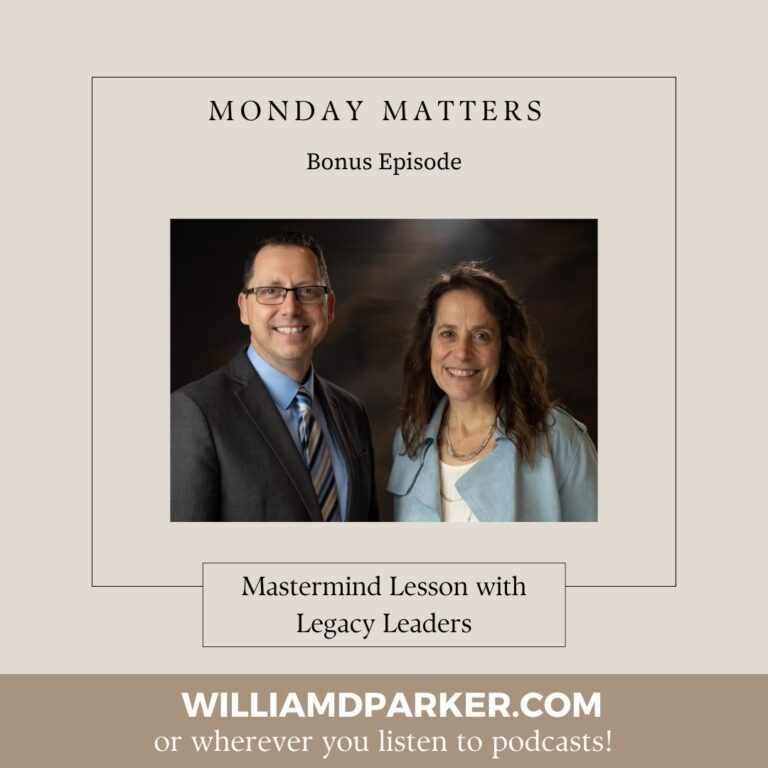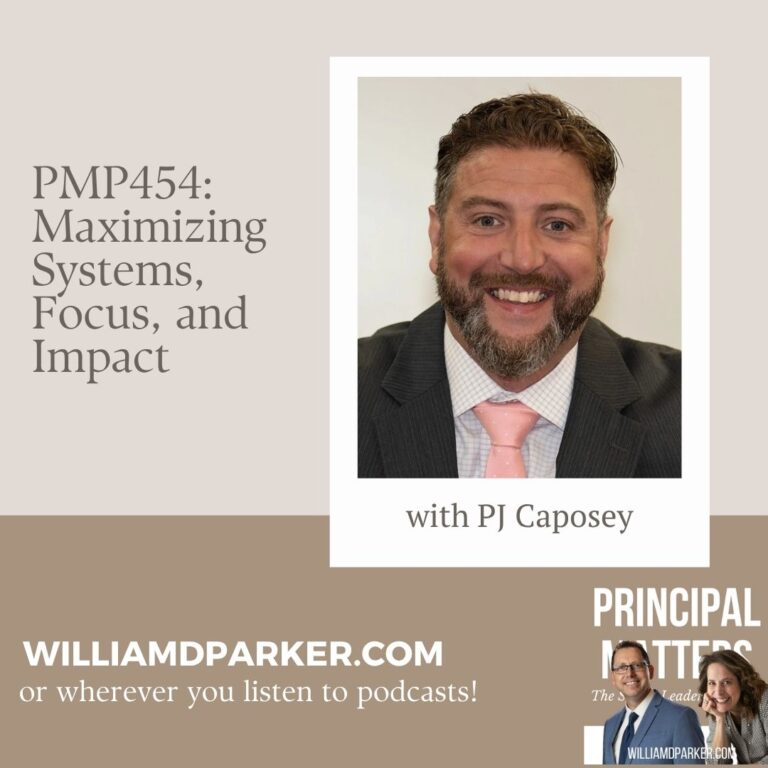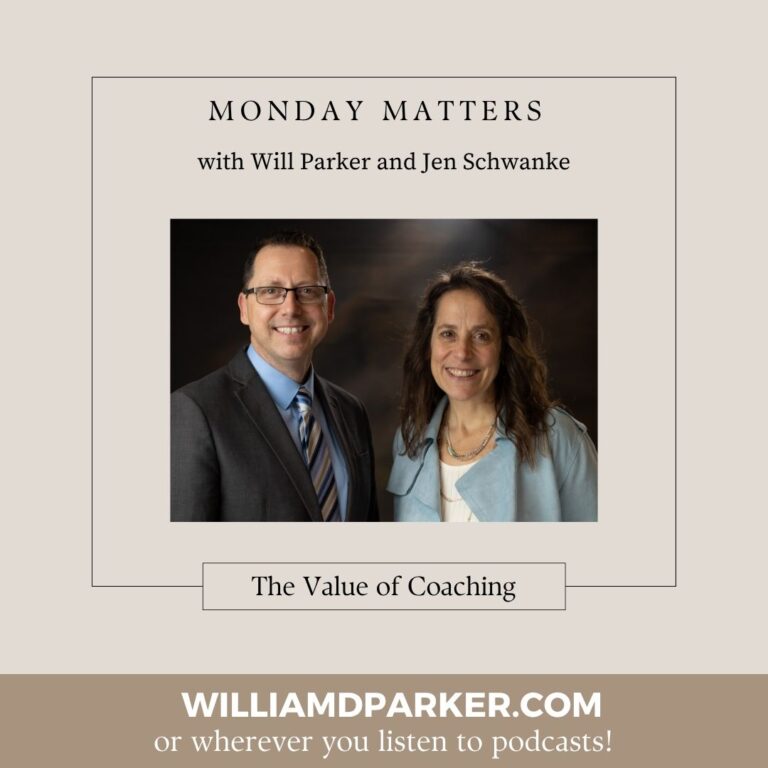Podcast: Play in new window | Download
Last week a principal wrote to tell me he was short 25 teachers or staff as he ended his first week back in the new semester. Another principal wrote that he spent his first morning back from Christmas break finding coverage for 9 classes without teachers. Just today in my own community, one of our elementary schools closed for the remainder of the week as the district is missing 15% of its workforce due to outbreaks of COVID.
Sadly, just when we thought we were returning to some sense of normalcy this school year, educators are again doing the hard work of rescheduling bus routes, rearranging classroom coverage, or pivoting to online learning. If no one has told you yet, thank you for the hard work you’ve already been doing in just the first few days of 2022.
This week, however, I want to pull away from the present for a few minutes and share some perspective from history. My reading goals for 2022 include several historical pieces I have not read before. For instance, this month, I decided to read The Life of Martha Ballard, based on her diary, 1785-1812, by Laurel Thatcher Ulrich. I enjoyed listening to it via an Audible version read by Susan Eriksen.
What sparked my interest in the book was recognizing that I have almost exclusively read male authors from the early American periods. Except for a few poems from Anne Bradstreet and Phillis Wheatley, and some letters of Abigail Adams, most of the primary documents I’ve read from that time period have been by from men.
The story of Martha Ballard as a mid-wife, brought to life by historian Laurel Thatcher Ulrich, shines a light on past experiences from two unique perspectives. First, Ballard’s diary gives us the account of a early American healer; second, her diary tells that story from the unique perspective of a daughter, mother and grandmother of late 18th century Maine.
Throughout the book, several themes and lessons stand out. Here are seven I’d like to share:
1. Ballard’s unique lens as a woman highlights the life of women, not just men, as central to community life.
As a midwife, Martha Ballard had a front row seat into community life, and her diary details the births, deaths, sicknesses and sometimes drama of most of the people in her community in the township of Hallowell on the Kennebec River, which is now a part of Augusta. She lost three of her nine children to a diphtheria epidemic. And her diary includes the common fate of so many other members of her community in a time before vaccinations and still believed in blood letting as a medical remedy. Martha’s stories, however, were also about weddings, church goings, family, gardening, quilting and many other pastimes that brought people together. Unlike other diaries from men during the time period, she includes the names of women in the community, with stories of their part managing homes and livelihoods of their own.
2. Women ‘healers’ had more access and credibility among medical practitioners in colonial Maine than women would even fifty years later.
Surprisingly, local physicians included Martha Ballard and other midwives in autopocies and dissections of deseased patients. Just fifty years later, the historian Laurel Tatcher Ulrich, explains this practice was almost exclusively limited to men physicians. Although in early colonial times women were primary in birthing services, that practice became more controlled by men physicians over the next decades as well. Ballard delivered 816 babies and was present for more than 1,000 births in her 27 years of service. It wasn’t until the 1849, 37 years after Martha Ballard’s death that Elizabeth Blackwell became the first woman in American history to graduate from medical school. It wasnt’ until the 1870’s, fifty-eight years after Martha Ballard’s death, that it became more common for women to be allowed admission in medical schools.
3. In Ballard’s world, opportunities for livelihood were built on both reliability and community networks.
Martha Ballard averaged more than 30 births a year in her practice, and as the community grew so did requests for her presence. At the same time, she was earning daily wages equivalent to what her husband earned as a surveyor. Together, they ran a profitable homestead with children and servants helping them manage family affairs while mother and father worked inside and outside the home. As they aged, however, Martha and her husband Ephraim, began to marry off their children, receive less work, and eventually, Ephraim was arrested for debts. He served time at the town’s debtor’s prison for more than a year. It was a noteworthy part of Martha’s diary that she suffered more during this time. Only after Ephraim’s release from prison were they able to once again establish services in their former occupations – but by this time she was in her late 70’s and he was in his late 80’s.
4. The ‘good ole days’ of colonial America were also ‘bad’ ones, including rape, murder and insurrection.
The Ballard diary shows the realities of life for Martha and her neighbors. Although it contains quaint scenes like quilting gatherings and barn raising, it also chronicles horrible misdeeds including the alleged rape of a minister’s wife, the mass murder of six members in a neigbhoring family by a deranged husband and father, and an attempted insurrection from settlers against the town’s authorities. In addition, Martha’s own family suffered difficulties with a son who was often arrested or involved in lawsuits. For as many happy moments that Martha experienced, she seemed to also live through an equal amount of difficulty and community trauma.
5. Just like today, local factions and politics influenced change as well as divided communities.
Disagreements over theology split the town’s church into two separate congregations. Years later, the township saw even more division among its religious observers with Congregationalists, Methodists, and Univeralists congregating around separate beliefs. These divisions touched Martha’s life directly as she was friends and midwife to people from all these walks of life. She even served as a witness in court in the accused rape of her minister’s wife. In addition to religious disputes, neighbors often sued one another over property disputes. And as settlers expanded into the territory, violence erupted between neighbors. Bands of settlers began dressing in animal skins, disguising themselves while driving off surveyors, shooting at interlopers and in some cases killing them. Although much of Ballard’s diary includes daily chores, births and items purchased, the history she experienced was not always tranquil or peaceful.
6. Ballard’s story inspired future generations of women in medicine, specifically Clara Barton, the founder of the American Red Cross, and future granddaughter of Ballard’s sister.
The fact that Ballard’s diary survived is surprising. For years it was handed down within the family. Her grandaughter, Martha Hobart inherited it in 1884, after Martha had completed medical school. Later Clara Barton, Martha’s granddaughter, founded the America Red Cross in 1881. The family donated the diary to the Maine State Library in 1930. It was thirty years later before it was copied and published. Laurel Thatcher Ulrich’s publication in 1991, won a Putlizer Prize for bringing to life the stories almost lost to modern readers. The diaries provide a glimpse into the work and medicinal practices of a pioneer healer.
7. Many ‘great’ people have not been (and will not be) recognized or celebrated in this life, but it does not subtract from the importance of their influence.
The story of Martha Ballard is a great reminder that every day ‘normal’ people are serving the needs of others. If she had not left her diary behind, much less would be known about the practices of midwives from the colonial period. More importantly, little would have been known about the lives of women in general from the first-person accounts of a woman whose lives touched so many others in her community. As Thatcher wraps up her summary of Martha Ballard’s life, she reminds readers that history is full of people known for their wars on others. Much less is known about those who practices of healing and peace blessed their neighbors and communities.
Applications for Leaders
So what does this have to do with leadership? One important truth about leadership is that no one is really leading unless someone is following them. When you think about a life like Martha Ballard’s, it is easy to see her influence that came from her skills as a midwife and her reputation as a respected healer. At the same time, her life was filled with the drama, tragedy and conflicts of family and community life where the decisions of others often negatively affected her life as well.
Through it all, however, Martha Ballard is an example of a life well lived. A woman who lived out what it means to serve others, to restrain from harsh judgements of her neighbors, and to move forward each day in what ways she could do to serve.
Now It’s Your Turn
People may or may not look back on your own service someday with perspective. Most of us will never be known outside the circle of our influence. And sometimes that service may be unnoticed or misunderstood. It is safe to say that if you’re waiting for recognition or gratitude, it will come in small tokens. For the most part, great leaders serve regardless of the feedback. It is the task before them that provides the opportunity to help.
As you continue serving others, remember that the small acts of giving, caring, instructing, and supporting others may not be written in a history book. But you are still leaving behind a legacy in the important ways you are touching the lives of those right in front of you.
Just this afternoon, I was on a phone call with a principal who shared hard he and his team are working to respond to the difficulties his students have faced in the disruptions from the past two years. It is not easy. Even in the craziness of managing school during a pandemic, keep in mind that your unseen actions, sacrifices, and communications still matter. As a fellow educator and a parent, I see and appreciate what you’re doing. Please don’t let the loud voices of the few outweigh the sensibility of the quieter members of your community. Right now hundreds of others in your school community are quietly recognizing the difference you’re making. Someday, history may or may not reveal your untold stories. Whether anyone ever knows or not, what you’re doing still matters.


